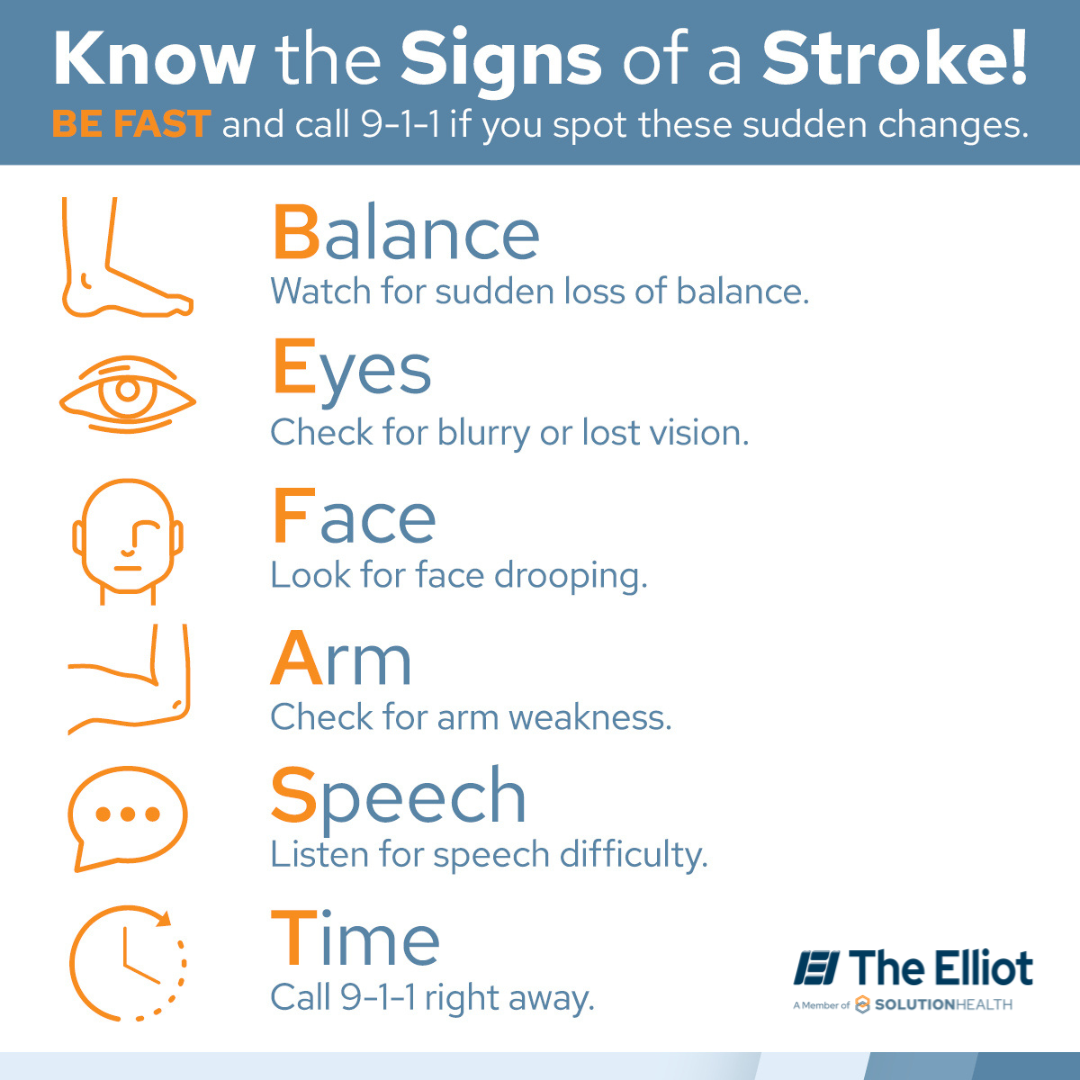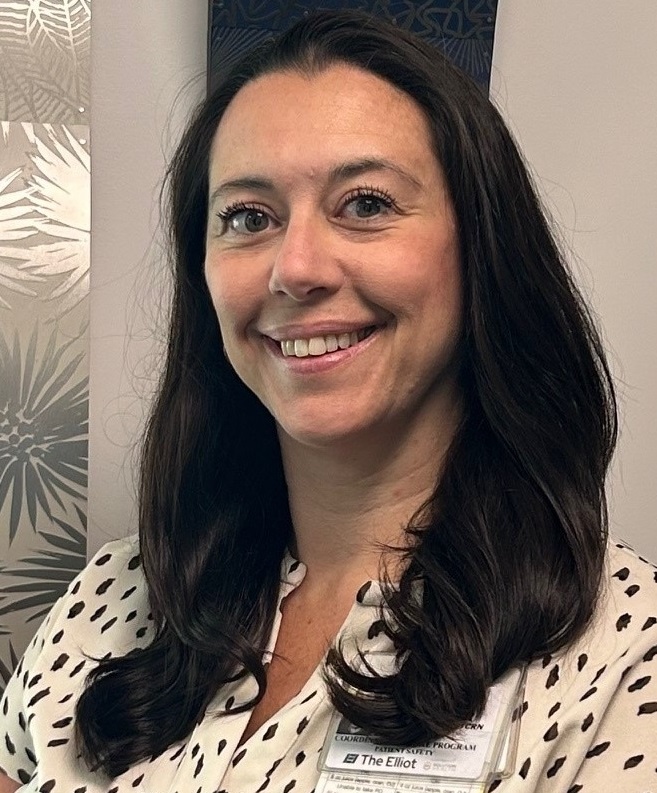Published: May 22, 2025
5 Things You Need to Know About Stroke
Stroke Awareness Month, recognized every May, reminds us how critical it is to understand stroke, one of the leading causes of death and serious disability worldwide. Quick action saves lives, and knowing key facts can make all the difference.
Here are five essential things to know about stroke, inspired by the American Stroke Association’s guidance:
1. Stroke is a Medical Emergency
A stroke occurs when blood flow to part of the brain is blocked or a blood vessel bursts, causing brain cells to die from lack of oxygen. Every second counts. Immediate medical treatment can limit brain damage, disability, and death. Never wait. Call 911 at the first sign of stroke.
2. Recognizing a Stroke is Easy if You BE FAST
Stroke symptoms happen suddenly, and recognizing them quickly is vital. Use the acronym BE FAST to spot the warning signs:

Knowing these signs, and acting without delay, could save a life.
3. Stroke Can Happen to Anyone
Stroke is often associated with older adults, but it can strike at any age. Lifestyle factors such as high blood pressure, smoking, obesity, diabetes, and high cholesterol dramatically increase the risk, but even young and otherwise healthy individuals may be at risk. Understanding your personal risk and taking preventive action is important at every stage of life.
4. Stroke is Largely Preventable
The good news is that up to 80% of strokes are preventable. Managing key health factors can significantly lower your risk:
- Control blood pressure, cholesterol, and blood sugar.
- Maintain a healthy weight and exercise regularly.
- Avoid tobacco use and limit alcohol.
- Eat a diet rich in fruits, vegetables, and whole grains.
- Manage stress effectively and stay connected with your healthcare provider.
Small changes today can mean a healthier tomorrow.
5. Recovery is Possible
Thanks to medical advances, many people survive strokes and reclaim their independence. Treatments like clot-busting drugs must be given within a critical window, with better results when given closer to the start of symptoms, making immediate action essential. Rehabilitation programs, including physical, occupational, and speech therapy, help stroke survivors regain function, confidence, and quality of life.
This May, share the signs of stroke with your friends and family. Learn the facts, act quickly, and help others do the same. Together, we can make a difference.
As a DNV Certified Primary Stroke Center, The Elliot offers world-class stroke care close to home.
 Jennifer Alicea, RN is the stroke and sepsis programs coordinator at Elliot Hospital in Manchester, New Hampshire.
Jennifer Alicea, RN is the stroke and sepsis programs coordinator at Elliot Hospital in Manchester, New Hampshire.
